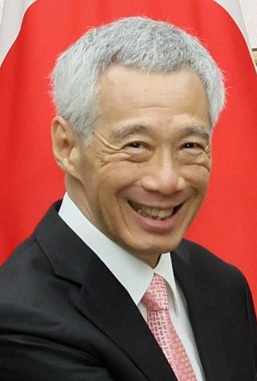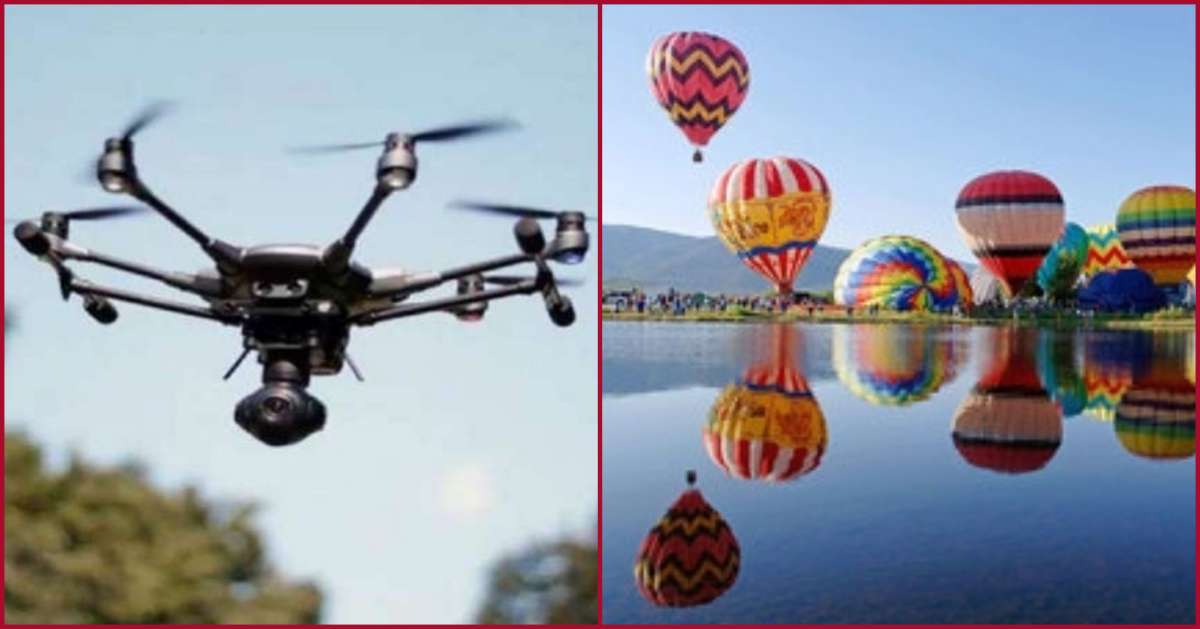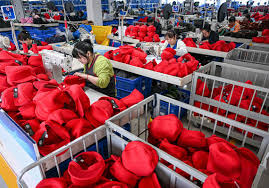Communal colour to news bring bad name to country- SC

New Delhi: In scathing remarks against one-sided reports of a section of media on the Tablighi Jamaat, the Supreme Court has observed that web portals only listen to powerful voices and write anything and everything against judges or institutions.
The court has noted that news published by the news portals and media had a communal note, which could bring the country a bad name.
Taking names of YouTube, Facebook and Twitter, Chief Justice N.V. Ramana observed that web portals have not accountability. Everything in this country is shown with a communal angle by a section of media. That is the problem; the Country is going to get a bad name ultimately, Chief Justice said.
Representing the government, Solicitor General Tushar Mehta said news portals and websites show communal angle stories and cater planted stories; these news portals are publishing fake news.
The Chief Justice bench asked the government to place a regulatory mechanism for websites and TV channels.
The Supreme Court, while hearing a petition that requests action against media reports accused of "communal branding of Covid" linked to the Tablighi Jamaat gathering at Markaz Nizamuddin in the capital in March 2020.
"Web portals only listen to powerful voices and write anything against judges, institutions without any accountability. Web portal only worries about powerful men and not judges, institutions, or common people. That is our experience," the Chief Justice bench observed.
Read: Criminal cases against MPs, MLAs can’t be withdrawn without HCs permission: Supreme Court
The Supreme Court expressed its serious concern over fake news posted on social media platforms and websites. The judges commented that there is no control over fake news and slander in portals and YouTube channels. "If you go to YouTube, you will find how fake news is freely circulated, and anyone can start a channel on YouTube," the bench observed. “Forget about individuals; the web portals write very badly even against the institutions,” the Chief Justice bench remarked.
In the petition, the Jamiat Ulema-i-Hind has sought directions on the Centre to stop disseminating "fake news" related to the gathering at the Markaz Nizamuddin and take strict action against those responsible for it. Court has sought a response from NBSA (National Broadcasting Standards Authority) in the matter.
The Supreme Court agreed to hear after six weeks the Centre's plea seeking the transfer of petitions from various High Courts on new IT rules meant to regulate online content.

















